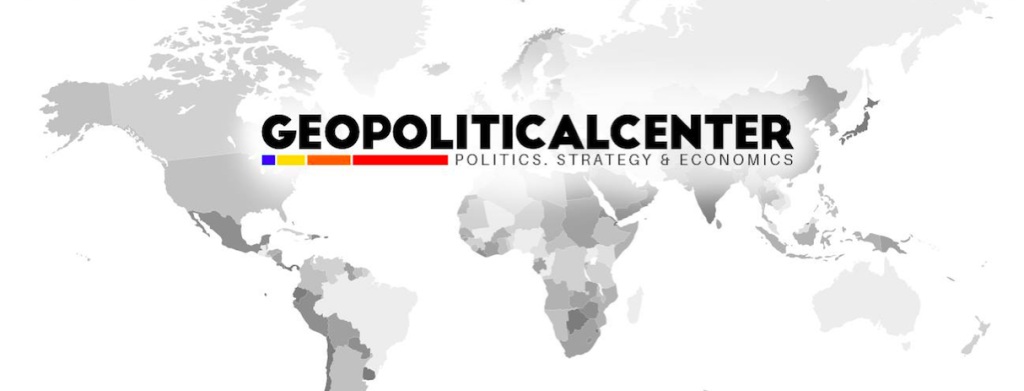Namp’o: this is the name you have to remember. Because Namp’o is the maritime terminal from which arrives most of the oil that is necessary to the survival and development of the country led by Kim Jong Un. Many think that oil supplies come to Korea by land from the Chinese border, but actually the main commercial way employed by Pyongyang to obtain energy, electronic products, components and those few goods not essential to subsistence – and committed mostly to the North-Korean élite, it’s the sea. The terrestrial border with China isn’t characterized by wide commercial arterial roads, but rather by communication routes that are always small and crowded, comparing with North-Korean necessities; the border supervisions are harsh and cause long periods of wait, often because of protocols adopted to prevent North-Korean citizens escaping to China itself. And Namp’o is also the place where North Korea is building a new petroleum terminal to receive oil supplies from Middle-East. Now, the United Nations has imposed a much tighter ban against oil imports to North Korea; a decision which shall get on the ropes Kim Jong Un’s government within a few months. The new resolution blocks, or should block, also the transfers from ship to ship in international waters, that is a method Kim Jong Un used quite frequently to limit the effects of the previous Security Council’s resolutions, which pointed to the same result that is chased today: to starve of energy North Korea. The Security Council has excluded any other form of pressure against Pyongyang and didn’t consider the possibility to put a naval block to prevent the oil’s physical arrive to Namp’o. Both Russia and China opposed to the hypothesis of the naval block, worried about a fast escalation in the region, but also not to weaken too much Kim Jong Un. It seems clear now that neither Beijing nor Moscow are interested on the fall of a real enemy of the United States, and on letting Washington focus its strength on other regions. It seems more and more likely that, because of the actual politic positions of China and Russia, the diplomatic efforts won’t denuclearize North Korea; on the contrary, Kim’s Korea begins to own atomic weapons and ballistic missile, capable of threaten the whole North hemisphere. If these are the perspectives, an American military interference is more and more likely to happen. It isn’t necessary to imagine terrestrial invasions or panzer battles, but an aerial campaign of extraordinary intensity and short duration. A campaign that could see the employment of an incredibly wide range of weapons, and that could change the concept itself of modern war. But when the dogs of war are finally free, no one knows for sure against who or what they will unload their violence. If the war in Korea begun with “softness”, it could become an enormous infantry battle; if it was led with too much “energy”, it could provoke China’s and Russia’s reactions. It is hard to find the right compromise between strength and reason, between traditional and nuclear weapons, between winning without paying an high price in human life numbers and the risk of starting a not controllable spiral.
A naval block to Kim’s oil? China in front of crossroads
